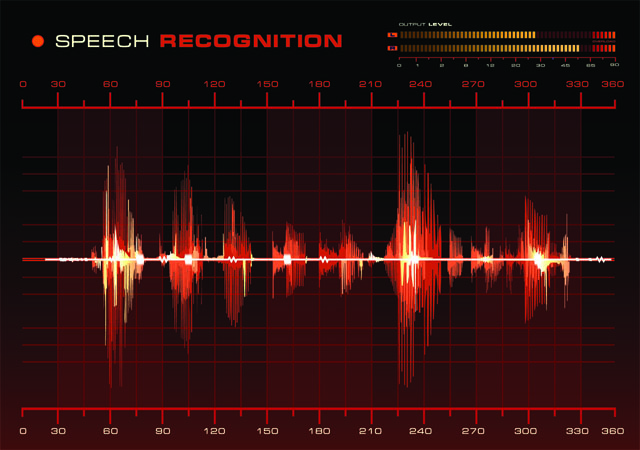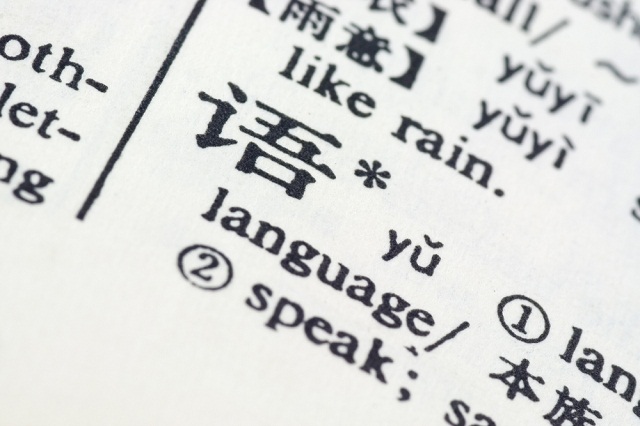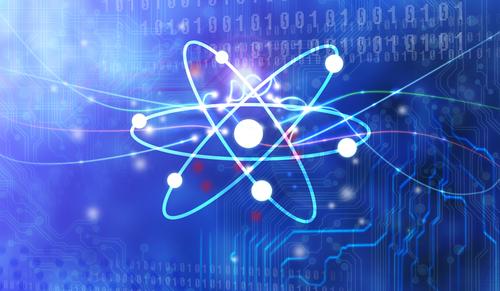Orion Jones
Managing Editor
Get smarter, faster, for success in the knowledge economy. Like us on https://t.co/6ZFWKpoKLi or visit https://t.co/d7r7dG2XOq
California-based Blue River Technology has raised over $3 million to commercialize its robot weedkiller, which works using a combination of machine learning and computer vision.
Researchers at MIT have created a communications network for autonomous cars that let them “see” what any other car in the area is seeing upon request. Multiple “eyes”create a continuous and widespread 3D view.
Using a special kind of ink that can only be seen in infrared light, invisible quick-response (QR) codes can now be printed onto regular documents, making them harder for counterfeiters to duplicate.
A team of scientists has come up with a way to make voice authentication simpler and, at the same time, much more secure.
A company is taking orders for its new skateboard, billed as “the lightest electric vehicle in the world.” With a small remote and motor-activated braking, it could appeal to environmentally conscious people who’ve never skated before.
The influx of glacial researchers into the Himalayas has angered Nepal’s indigenous population, which claims that its needs aren’t being taken into account.
Thanks to NASA’s Mars Reconnaissance Orbiter, scientists now have proof that snow clouds, and maybe snow itself, exist on the Red Planet.
The amount of wind available on Earth and in the upper atmosphere could create 20 to 100 times the power our population needs, according to a new study.
Human and animal doctors and researchers are collaborating more frequently, leading to quicker medical advances for both groups.
Now that the gray wolf is no longer considered an endangered species, Minnesota has no shortage of hunters eager to purchase a permit.
In a move that reflects the increasing popularity of large open online courses, the company is offering free lessons…on how to use Google.
Move over, Siri: Researchers at the University of Rochester have taken advantage of crowdsourcing technology to create a prototype of a personal assistant that’s comprised of quick opinions from actual people.
Pulitzer Prize-winning author Philip Roth resorts to public channels to get a Wikipedia entry changed…and succeeds.
Google’s offer to provide Kansas City neighborhoods with super-fast Internet failed to fully penetrate poorer areas of the city. In response, citizens are getting the word out by foot and even by ice cream truck.
The London Zoo is believed to be the first zoo to use “silent disco” events to bring in more visitors and revenue. Its success has encouraged other zoos to try it as well.
The burger chain will open two all-vegetarian restaurants in India next year in an attempt to appeal to pilgrims who abstain from eating meat.
The Bibb County school system has instituted a program designed to make Chinese-language instruction mandatory for all its students.
With their approaches to discipline, sacrifice and technique, Chinese coaches have helped Mexican athletes overcome self-limitations, leading to important wins in various international sports competitions.
A informal network of civilians, some of them former military, are helping to fight terrorism by hacking into extremist Web sites and sending their findings to US intelligence agencies.
While immigration and drug wars dominate US news about Mexico, some experts believe more focus should be placed on the increases in trade flow and business integration between the two countries.
Researchers now believe that tucking a problem at the back of your mind is not necessarily the best way to find novel solutions to old problems. Instead, do something boring, they suggest.
Some of the world’s top professional writers swear by software that makes the Internet inaccessible while they write. Is Internet access keeping you from more create enterprise?
A British psychology professor is working with European and American foundations to inspire young people toward a career, and lifestyle, in the physical and human sciences.
A team of Chinese researchers have found that an organic chemical in green tea aids in the generation of brain cells, hedging against age-related neurological diseases and improving brain function.
Scientists have discovered that animal organisms can support the existence of photosynthetic chloroplasts, so could the human body one day make its energy from the sun?
A German scientist claims to have found a gene that plays a role in Internet addiction, allegedly establishing that Internet overuse is more than simply a bad habit.
Researchers have used the IBM supercomputer Blue Gene to better understand how new medicines function on the quantum level, speeding trial times and improving research.
The technological advance of biomedical sensors will soon move beyond counting calories and enter a stage where every conceivable piece of private data is shared between groups.
Despite assumptions that organic food is more nutritional and a more sustainable way of farming, recent studies cast doubt on whether organic is the best solution in every case.
Researchers at the University of Notre Dame (surprise, surprise) reveal that tailgating is not just a huge excuse to get drunk, but an important community-building exercise that brings value to a university.





























